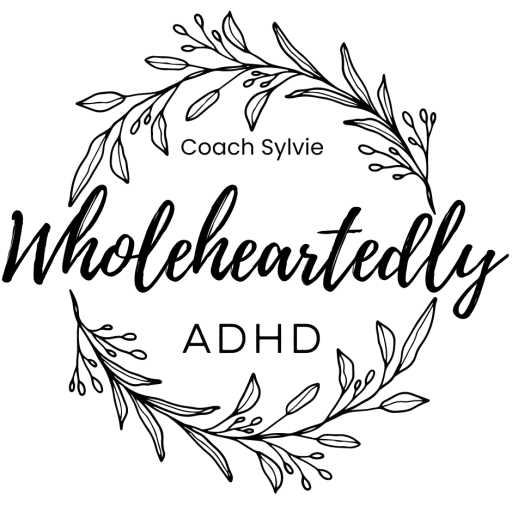Relationships & Communication
Please know I care even if I forgot to text you back for 3–5 business days
Relationships with ADHD? Oh, they’re a trip. Whether you’re talking romance, friendships, family, or coworkers — navigating human connection with a spicy brain often feels like trying to tune a radio while driving a go-kart through a thunderstorm.
And communication? Hoo boy. Sometimes we overshare like our lives depend on it. Other times we go full ghost, not because we don’t care, but because we opened your text, mentally replied, and then got distracted by a loud bird and the next thing we knew it was Tuesday.
Common ADHD Communication Woes:
- Forgetting to respond (but obsessively thinking about your response)
- Interrupting because your brain’s terrified the thought will vanish forever
- Going on 15 tangents before landing your point (if ever)
- Avoiding conflict until you explode from pent-up everything
- Taking criticism way too personally (hello, Rejection Sensitivity!)
- Masking or people-pleasing because “being too much” has hurt before
- Having entire conversations in your head and thinking they happened in real life
It’s not about not caring. It’s about neurology doing the absolute most, and emotional regulation doing… the least.
ADHD + Relationships = Extra Feels, Extra Noise
We often feel big. We care deeply. We love fiercely. And we can also get overwhelmed, distracted, shut down, or emotionally flooded in 0.4 seconds.
It’s hard when the way we communicate doesn’t always translate — especially to people whose brains don’t work like ours. Or when we feel misunderstood, dismissed, or like we’re constantly disappointing the people we love.
(Also: ADHD + neurotypical relationship = sometimes a full-blown Google Translate situation.)
But here’s the good news:
You are not too much.
You are not hard to love.
You are allowed to take up space, communicate in your way, and learn how to make that work with others.
With the right tools, honest conversations, and a big ol’ scoop of self-compassion, connection is possible — and it doesn’t have to drain you.
Things that help (and we’ll unpack later):
- Learning your communication style — and how it shows up under stress
- Practicing the pause: taking a beat before reacting or replying
- Name what’s happening: “I need a minute to gather my thoughts” is powerful
- Externalizing important convos (whiteboards, notes, texts, calendar invites)
- Unmasking in safe relationships to reduce shame and burnout
- Building in check-ins and rituals that make connection easier to maintain
- Talking about how you talk — yes, really! Meta-communication is magic
This section links to the full Relationships & Communication Deep Dive, where we’ll explore:
- ADHD communication patterns: fast brains, slow replies, and missed signals
- Rejection Sensitivity Dysphoria (RSD) and how it warps how we hear feedback
- How emotional dysregulation affects conflict and vulnerability
- Strategies for honest, ADHD-friendly connection
- How to navigate friendships, dating, and professional relationships with less shame and more clarity
- Scripts and conversation starters for The Big Talks (yes, even that one)
